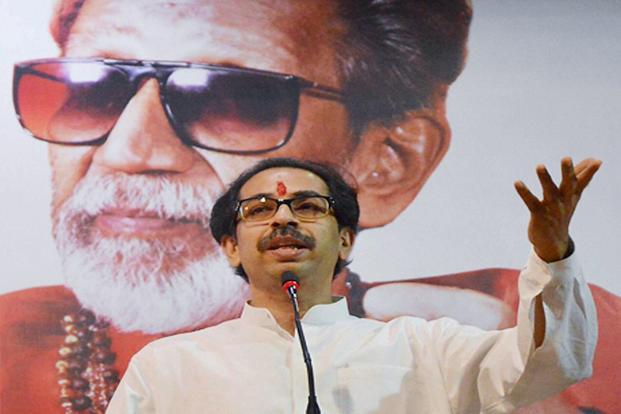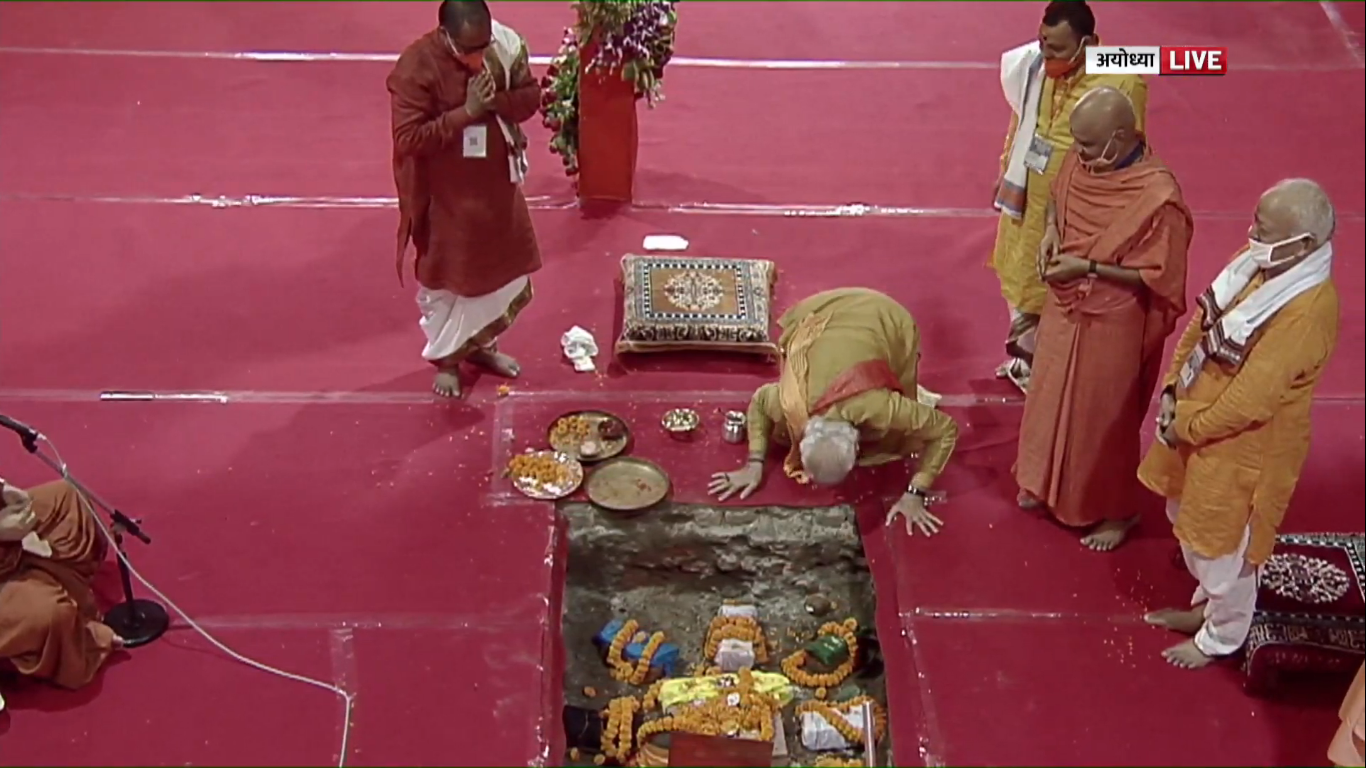
"We expect Modi will not keep hardline Hindutva aside. He shouldn't compromise on the issue of Hindutva," Sena chief Uddhav Thackeray said.
"The ordinary middle class rejoiced over Modi's elevation as BJP's prime ministerial candidate. That itself was half the battle won," Uddhav said in an editorial in the Shiv Sena-owned Marathi daily, 'Saamana'.
"We have supported Modi with an open heart because we wish that Hindus in the country must become strong. Shiv Sena 'pramukh' (the late Sena patriarch Bal Thackeray) was the true 'Hindu Hriday Samrat', but he was never infatuated with power.
"His politics was not for any post, but he wanted a hardline Hindutva proponent to win the top post in Delhi," Uddhav said.
"Modi is the general for the 2014 elections. He doesn't have a magic wand to ensure a change of power in Delhi, but neither does Congress have any such magic wand," he said.
Talking about the post-Godhra riots under the Modi government in Gujarat, Uddhav said Congress was deliberately blaming the BJP prime ministerial candidate for the violence.
"If Modi is responsible for the 2002 riots, then Mulayam (Samajwadi Party chief Mulayam Singh Yadav) is responsible for the Muzaffarnagar riots (in Uttar Pradesh)," Uddhav said.






Comments
Add new comment